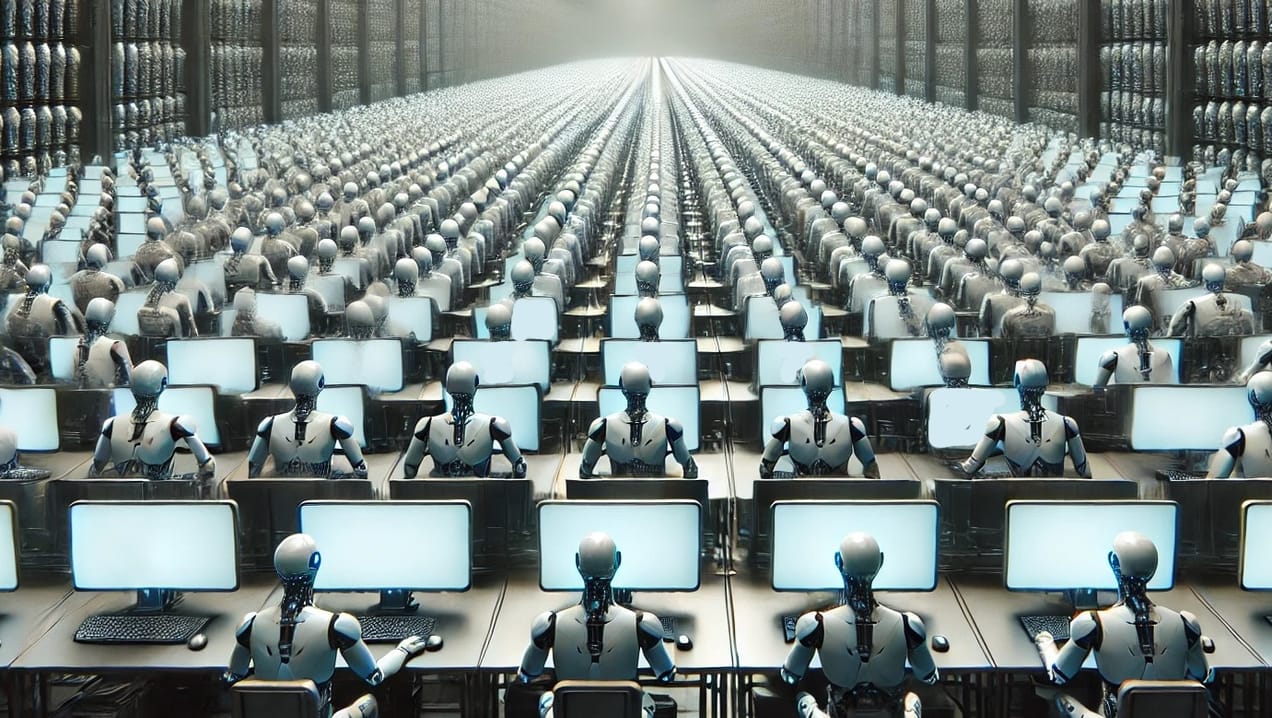A less crowded future
Almost no one saw this coming.
The passing of the American era
For better and worse, it's over.
Is oligarchy the human condition?
Let's stop pretending that this is a departure from the norm.
Why degrowth is wrong
Degrowth is a cramped, pessimistic vision of the future. Fortunately, it’s also wrong.
Weather whiplash: How the future will have to design for resilience
Climate change isn't headed for an extreme. It's headed for every extreme.
Wars of extreme convenience
The easier war gets, the more wars we'll see.
The Splinternet: The balkanized future of cyberspace
Just when we are the most connected we've ever been, we're choosing to disconnect.
Democracies fall. So do dictatorships.
The evidence is all around.
The United Cities and Ruralities of America
It's a two-state solution for our own intractable conflict.
Model collapse—the end of the road for AI
AI is developing the same problem as cousins who marry—and for the same reason.
AI will be the death of the internet
The future of the internet is a lifeless wasteland. But what comes after that could be wild.
Heading into the dark
This too shall pass.












